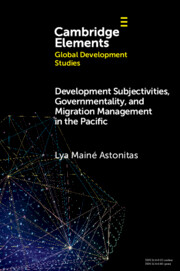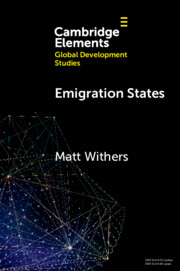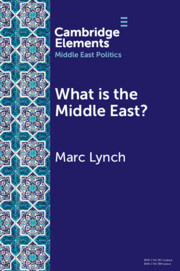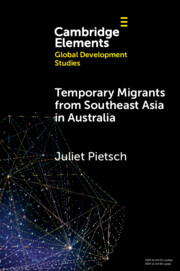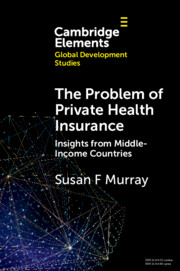Development Subjectivities, Governmentality, and Migration Management in the Pacific
To advance the debates around temporary migration in the Pacific, a governmentality framework contributes to understanding social and historical relations produced by migration management at regional, country, and individual scales. The Recognised Seasonal Employer's (RSE) scheme, the Pacific epitome of regulated migration, temporarily recruits participants from labour-rich countries to work in New Zealand's horticulture and viticulture sectors. Driven by agricultural labour shortfalls, it was conceived and promoted as a development intervention for Pacific countries, and is regularly claimed to provide a 'triple win' for employers and industry, Pacific countries via remittances, and participants' communities. Missing from these claims is an understanding of how seasonal migration fits into new migration management regimes, and the instruments deployed to enable this omission. To appreciate how workers' subjectivities are transformed to favour labour mobility, the spotlight is on the scheme's articulation as a development instrument, its operationalisation, and the mundane day-to-day situations it entails.
Product details
February 2025Paperback
9781009400251
84 pages
229 × 152 × 4 mm
0.135kg
Available
Table of Contents
- 1. Introduction: migration and development from a governmentality framework
- 2. Contextualising the recognised seasonal employer's scheme in the pacific
- 3. Governmentality in the RSE scheme
- 4. Winners and losers: transforming subjectivities
- 5. Conclusions
- References.

